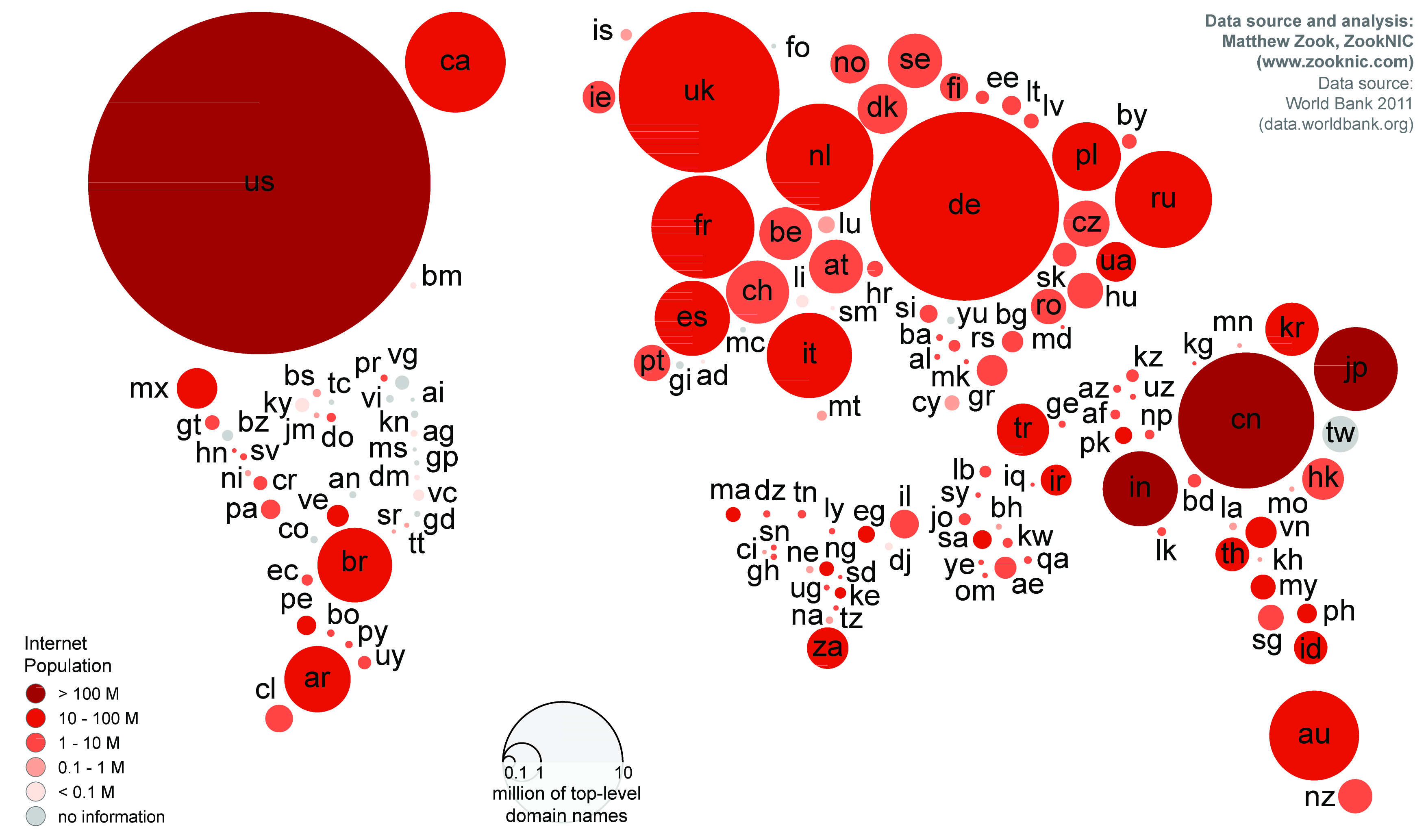By Helen Pallett (University of East Anglia, UK)
Open access to information and data appears to be a cause which has found its moment, with governments, businesses, NGOs and academics queuing up to ratify open access commitments and extoll its virtues. It has variously been heralded as a means of rejuvenating democracy, reforming corrupt institutions, holding big business and business-dealings to account, improving the quality of scientific data available, removing academics from their ivory towers, and changing relationships between publishers, academic journals and authors.
These arguments for the opening up of data and information now seem uncontroversial and have few serious detractors. However, an emerging body of work demonstrates that to take the geographies of information seriously is to add a significant but often-overlooked angle on debates in academia and policy on open access and open data. This is what Mark Graham, Stefano De Sabbata and Matthew A. Zook have done in their recent paper in Geo, ‘Towards a study of information geographies’.
In this paper the authors focus on the different internet-based platforms through which geographic information itself is mediated, hosted and delivered. The potential of the internet and related technologies to facilitate the wide sharing, distribution and processing of information has of course been at the centre of arguments for and models of open data, and even open innovation or open government. Whilst the transformative power of platforms like Wikipedia and OpenStreetMap are evident, the paper draws attention to their uneven geographies in a number of ways.
At a very basic level, geographies of internet access are uneven – less than 20% of the population in countries like India, Tanzania and Guatemala are internet users. But there are also clear barriers to participation in creating and contributing to geographic information platforms which transcend questions of who is connected to the internet, and there are important geographic patterns in what gets represented and what is overlooked. For example, domain names of websites are overwhelmingly located in Europe and North America, and similar patterns are found in the numbers of people contributing information to or coding these platforms such as Wikipedia or Geonames. This geography of participation also has implications for representation, with platforms like OpenStreetMap displaying much denser geographic information for locations in Japan, Europe and North America, as compared to locations in Africa, Australia and much of South America.

The authors have demonstrated that information has geographies in the way that it is produced, presented and distributed, far from flowing with ease across space. This sounds a note of caution with regards to claims about the democratising and empowering potential of platforms aiming to open up information, including attempts to facilitate access to scientific data, academic papers, and government data. It suggests that enabling open access to information at this general level can only do so much, without addressing existing highly uneven geographies of access to the infrastructures and platforms hosting and transmitting this information. Furthermore, there are not only uneven geographies of access to consider, but also uneven geographies of participation and representation which serve to further shape and limit the data and information which is available to us.

Reblogged this on Helen Pallett and commented:
Here’s a post I wrote on the Geo open access: Geography and Environment blog a few weeks ago responding to a paper in the journal by Mark Graham, Stefano De Sabbata and Matthew A. Zook on information geographies.
I’m becoming increasingly interested in debates about open data and open access as a useful extension of and comparison with my work on public participation procedures, and this paper offered some insights relevant to this debate which I wanted to tease out.
LikeLike
Reblogged this on Geography Directions and commented:
Post by Helen Pallett, in response to Mark Graham, Stefano De Sabbata and Matthew A. Zook’s Geo: Geography and Environment paper, Towards a study of information geographies: (im)mutable augmentations and a mapping of the geographies of information.
LikeLike
Reblogged this on Rashid's Blog.
LikeLike
open data is great for transparency..
LikeLike